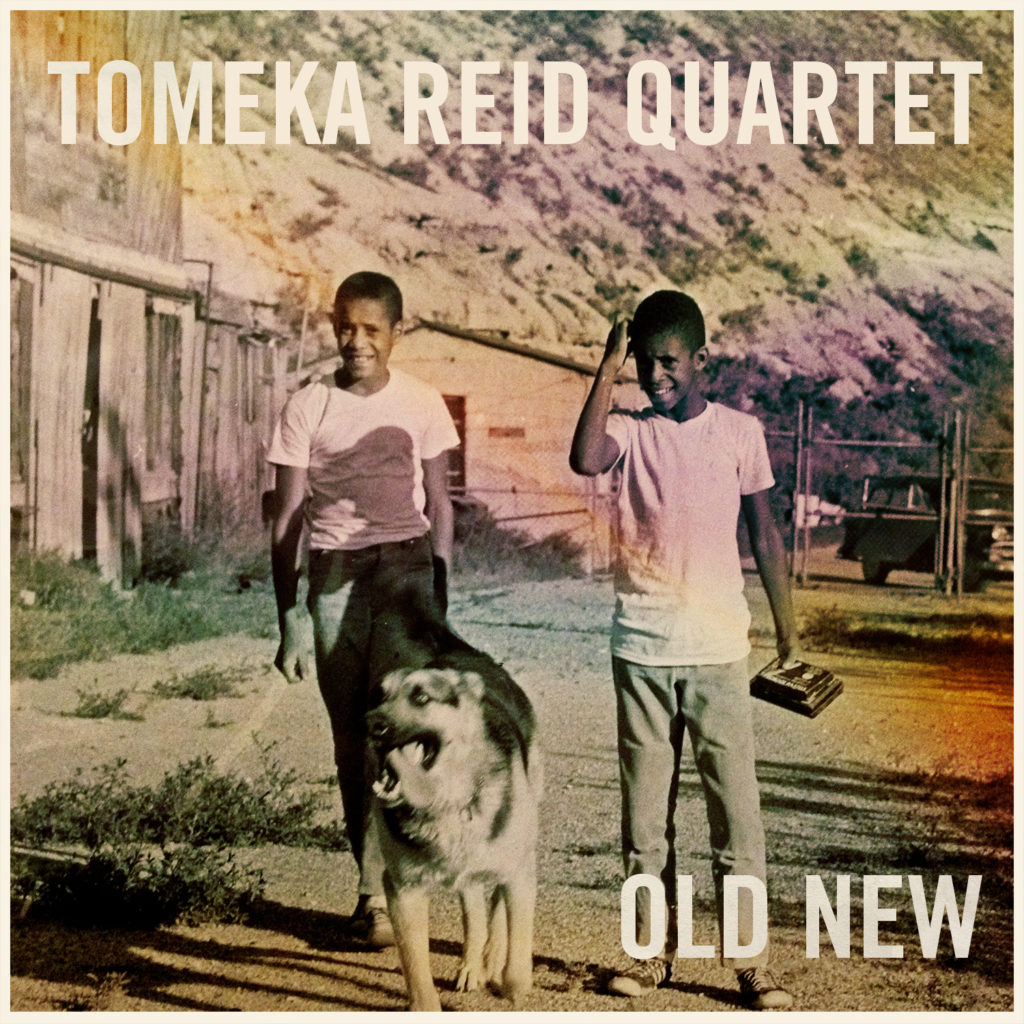Though one may snicker at the suggestion that the central cultural reference point for the Wingdale Community Singers — the mostly acoustic trio of Rick Moody, David Grubbs, and Hannah Marcus — are saccharine folkies Peter, Paul, and Mary, it may be more appropriate to instead look 80 miles north of New York City. It’s there, nestled near Wingdale, N.Y., that you’d find the sprawling grounds of the abandoned Harlem Valley Psychiatric Center, from which the Wingdales appear to take more than just the spirit of their name. On the group’s 15-song Plain Recordings debut, it’s often the suggestion of looming emotional turmoil, the depth of uncertainty, or the whispers of tender melancholy that keep the proceedings several steps above carefully choreographed coffeehouse chatter.
That’s not to say the record is a downer. Grubbs aficionados expecting him to return to the avant-acoustics of Gastr del Sol (or even just reprise the Grubbs/Moody collaborations on 2002’s Rickets & Scurvy) will be surprised by the downright levity and straight-forward approach of some of the disc — the playful bounce of “Bike Shop Boy,” the jangly hoedown atmosphere of “Fishnet Stockings,” or the country-and-western ditty “Rat on the Tracks,” which features not only upright bass and violin but also banjo. (The poppy “Sugar and Salt” can be downright giddy and who can help but not smile at a couplet like “Salt for your burns and your sores / And when the meal’s an incredible bore” or the verse “Salt in your chips and salt in your fries / Salt in the water that comes out your eyes / Salt is a fact of this life / Salt was the end of Lot’s wife?”)
The songs that resonate most loudly, though, and give The Wingdale Community Singers a stronger and more expressive voice than many of their acoustic singer/songwriter or alt-country peers are the ones that mine darker depths. The Marcus-penned “Holy Virgin Star” features not only fragile verses of prayerful harmony but a solemn sermon, delivered by Grubbs. Marcus and Moody’s voices intermingle with an almost smoky sadness on “Bitter Angels,” a piano-led reflection where the voices are reduced nearly to whispers in the repeating chorus of “O bitter angels, bitter angels / In my duct-taped city of dreams.” “Pawn Shop Fire” soars during an elegant and understated two-part harmony where Marcus and Moody simply sing “They set the pawn shop on fire.”
“Bigger Ocean” is beautiful and devastating, plain and simple. As Grubbs plucks out spare, glassy guitar and bass patterns reminiscent of Bill Frisell, Marcus either battles temptation or feels guilty about the damage done by it, singing — one can only guess — to a former or potential lover. “I wish I had a bigger ocean / To put between me and you,” she sings, with a strange, nagging kind of longing and lust. “I wish I had a bigger ocean / For then I’d know what to do.” When she hammers out the song’s last lines — “I wish for hell and all its fury / Where I will be going soon / I wish my husband would come / And bury me / Under your living room” — her voice peaks as it reaches an almost raspy height, cracks, and then fades to uneasy silence. It’s nearly perfect.
Grubbs and Moody steal the spotlight elsewhere. On the closing “Indira’s Lost and Found,” Moody takes center-stage with a tender, piano-laced lullaby whose sense of late-night loss calls to mind Tom Waits circa Closing Time and The Heart of Saturday Night. Just like in “Bigger Ocean,” the narrative may seem resoundingly clear, but closer listens make it strangely but invitingly vague. “I lost my wedding veil of white / When dawn first lighted Flatbush,” Moody sings. Then later — “And my daughter left / Without a trace / She was wearing bangle bracelets.” Then, later still — “There’s a blue violin / And a pillbox hat / At Indira’s lost and found / And a thousand desperate memories / From every block in Flatbush.” Is the listener at a child’s funeral or listening to a father who’s watched his child grow up, get married, and move away? Is it a reflection on loss or nostalgia? Either way, Moody’s somber delivery nails it.
Though Grubbs’ clever and distinctive guitar work adds a texture and dimension to much of the record, his individual voice is most clear on two songs near the record’s end: “Family Plot, Mayfield Kentucky” and “Wingdale Asylum Seekers.” On the former, Grubbs sings about 18 cemetery statues over a haunting piano measure that may remind careful listeners of his piano work on the Codeine track “W.” On the emotive instrumental “Wingdale Asylum Seekers,” his nimble electric guitar loops and scales (paired with upright bass from Tony Maimone) call to mind Camoufleur, his recent solo work, and even his early contributions to The Red Krayola. It can be somber and enlightening, an interest journey piece that segues well into Moody’s closing offering. It’s also just another example of the depth of the recording, a collection of songs that somehow feel like urban coffeehouse folk, singer/songwriter fare, and communal Americana all rolled into one and made more emotionally urgent through the implications of the ghosts that haunt Wingdale, N.Y. – Delusions of Adequacy, July 26, 2005



